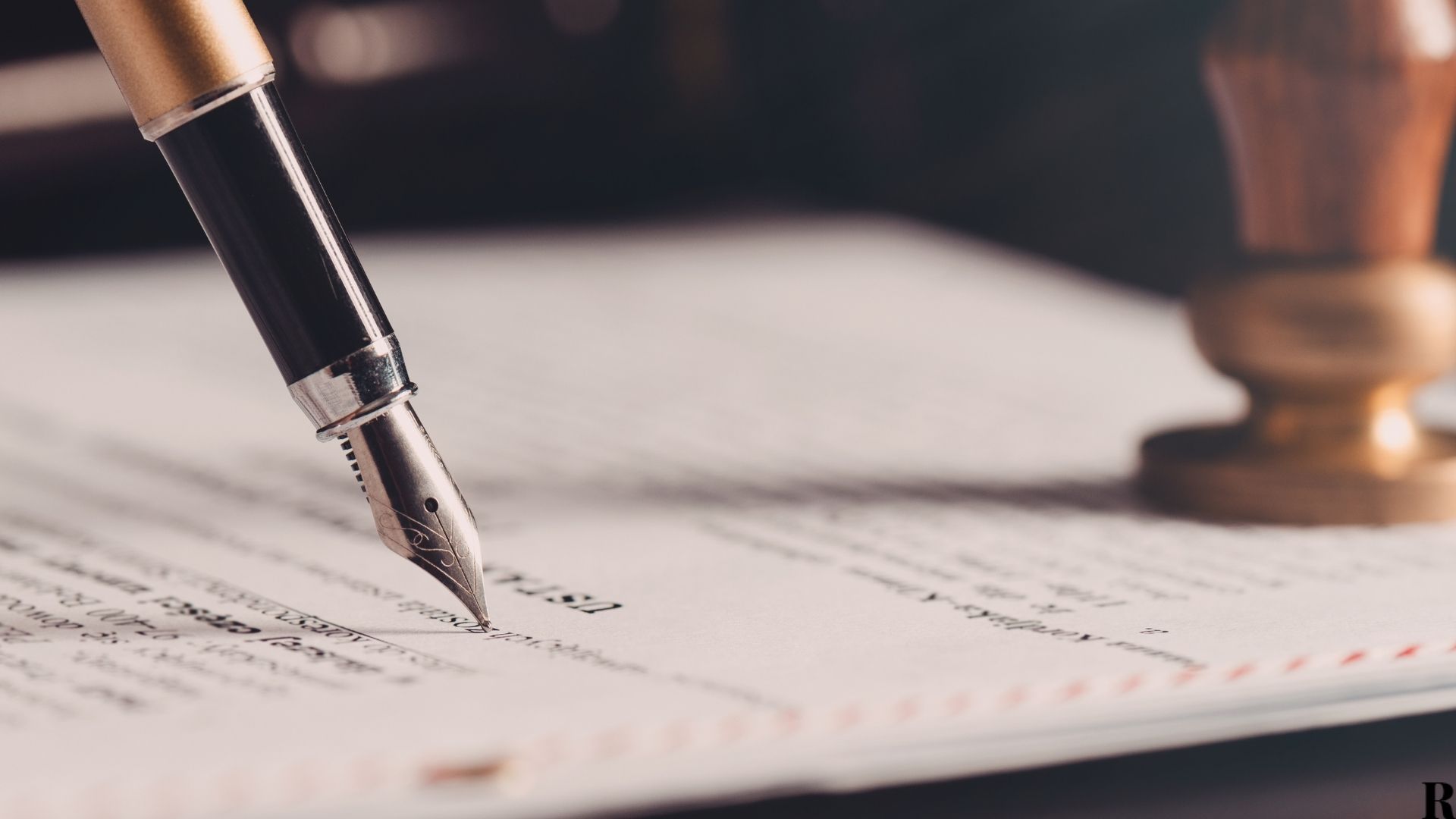Proficient Conveyancer: Promoting Smooth Property Purchases
Proficient Conveyancer: Promoting Smooth Property Purchases
Blog Article
Demystifying Notarial Work: Streamlining the Role and Value of Notaries
Their duty, typically shrouded in secret for many, brings significant weight in ensuring the legitimacy and integrity of important papers. By deciphering the intricacies losing and surrounding notarial techniques light on the relevance of their acts, a clearer understanding emerges of the essential function notaries play in promoting the textile of legal and contractual agreements.
The History of Notarial Job
Just how did notarial work evolve in time to end up being an important part of lawful and service deals? The background of notarial job days back to ancient worlds, where scribes played a critical duty in tape-recording vital details and confirming files. As societies proceeded, the need for an extra formalized system to make sure the validity of contracts occurred. This caused the growth of notaries, people selected by the state to act as neutral witnesses in lawful matters.
Throughout the Middle Ages, notaries gained prominence in Europe, with their features expanding to include preparing lawful files, licensing trademarks, and preserving records. The surge of international trade even more stressed the significance of notarial job in verifying contracts and agreements across boundaries.
In the modern period, notaries remain to play an essential function in legal and service purchases by validating identifications, confirming the credibility of records, and avoiding fraud. Their function in licensing the legitimacy of arrangements adds a layer of safety and security and depend on to the ever-evolving landscape of business and regulation.

Responsibilities and Obligations of Notaries
Notaries play a vital function in validating the authenticity of records and the identity of signatures. One of their key duties is to witness the signing of crucial documents, such as actions, wills, and contracts, to ensure that all events are entering into agreements intentionally and voluntarily.
They accredit copies of original files, supplying guarantee to establishments that the duplicates are real replicas of the originals. Generally, the responsibilities and obligations of notaries are vital in safeguarding the honesty and legality of various files and transactions - Apostille.
Notarial Certificates and Signatures
Exemplifying precise interest to detail, notarial certifications and signatures function as necessary parts in confirming the authenticity of legal files. Notarial certifications generally consist of essential information such as the date of registration, the names of the notaries, a summary of the document, and the notary's main seal. These certificates provide a clear document of the notarial act, ensuring that the record can be quickly recognized and mapped back to the notary that supervised the process.
Signatures play a critical role in notarial job, as they represent the contract and consent of the events involved. Notaries carefully witness the signing of records to verify the identification of the signatories and visit this website confirm that they are signing of their very own free choice. By attaching their official seal and trademark to the document, notaries accredit that the essential procedures have actually been adhered to and that the document is legitimate and enforceable.
Basically, notarial certifications and trademarks are the characteristic of authenticity in lawful deals, providing assurance to all events entailed that the records are legitimate and binding.
Relevance of Notarial Acts
Registration Refine Clarified
The registration process commonly starts with the private providing the record to a notary public. Once the identification is validated, the notary ensures that the individual signing the file does so voluntarily and without any coercion.

Verdict

Notarial certifications normally contain important details such as the day of notarization, the names of the signatures, a description of the paper, and the notary's main seal. These certificates give a clear basics record of the notarial act, making sure that the record can be easily determined and mapped back to the notary who looked after the process.
By affixing their official seal my company and signature to the paper, notaries license that the essential treatments have actually been followed and that the file is enforceable and legitimate.
By validating the identity of the signatories, verifying their determination to get in right into the agreement, and licensing the date and place of the signing, notaries play a critical function in supporting the legitimacy of lawful records.After the document is signed, the notary will affix their official seal or stamp onto the file.
Report this page